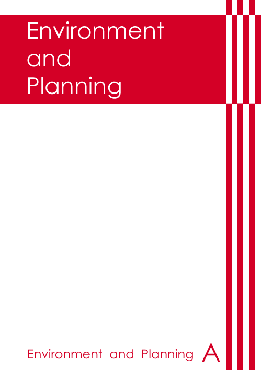Stefano Ponte publishes an article with Vandergeest and Bush in Environment and Planning
Assembling sustainable territories: space, subjects, objects, and expertise in seafood certification
The authors show how certification assembles ‘sustainable’ territories through a complex layering of regulatory authority in which both government and nongovernment entities claim rule-making authority, sometimes working together, sometimes in parallel, sometimes competitively. It is argued that territorialisation is accomplished not just through (re)defining bounded space, but more broadly through the assembling of four elements: space, subjects, objects, and expertise. Four case studies of sustainability certification in seafood are analyzed to show that ‘green gabbing’ is not necessarily the central dynamic in assembling sustainable territories, and that certification always involves state agencies in determining how the key elements that comprise it are defined. Whereas some state agencies have been suspicious of sustainability certification, others have embraced it or even used it to extend their sovereignty. The authors call for more nuanced understandings of sustainability certification as made up of multiple logics beyond the market.
Vandergeest, Peter, Stefano Ponte & Simon Bush: “Assembling sustainable territories: space, subjects, objects, and expertise in seafood certification” pp. 1-19, in Environment and Planning A 2015, volume 47, DOI:10.1177/0308518X15599297
